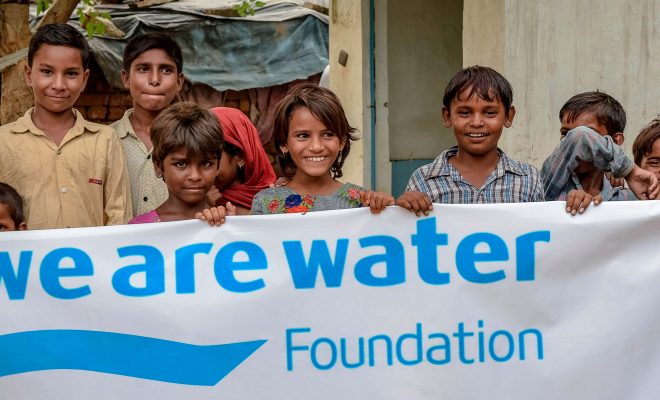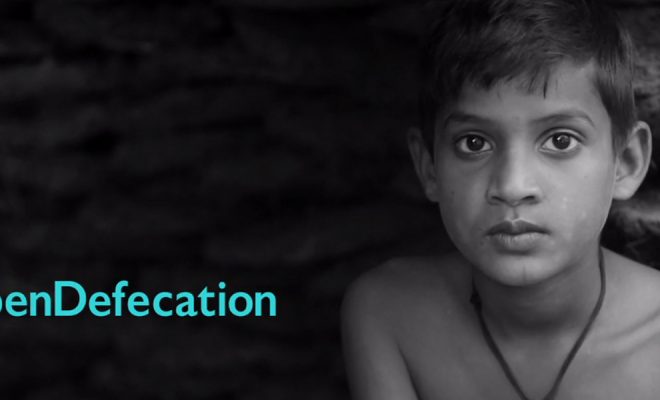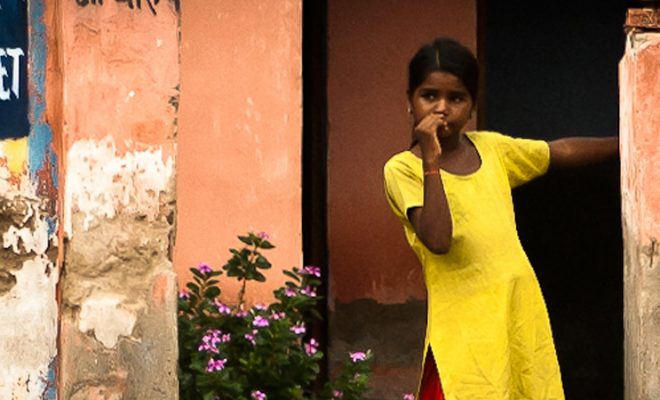
The short film #CleanYourHeart, launched by the We Are Water Foundation on World Toilet Day in India.
The video #CleanYourHeart launched by the Foundation on World Toilet Day in India, is one of the central concepts of a campaign that aims to motivate a change of behavior among urban Indians who employ domestic staff: to end social inequalities and provide free access to all sanitary facilities in their homes to those who work in them. The short film aligns with the goal of the program Swachh Bharat (Clean India) of the Government of India: to achieve the total coverage of hygienic services in homes before the 2nd October 2019, the International Day of Non-Violence, the anniversary of the birth of Mahatma Gandhi, the father of Indian independence.
Although officially abolished in the 1950 Constitution, the caste system continues to be present in the social behavior of most of the population in India. This attitude, defined by the Government as one of the barriers to the development of the country, is particularly evident in the status of the domestic staff in cities.
The reminiscences of the strict norms of this social hierarchization system of the Hindu tradition are evident in the customs and habits of many economically well-established families that employ women as servants in their homes. Generally, these are not allowed to use the same bathrooms as the families they clean for, and therefore there are often paradoxical situations like the one shown in the short film.
More than 40% of the women in India live confined to domestic work and most of them suffer the discrimination linked to some of the taboos of the caste system, which mixes the division of labor with ancestral ideas of purity, thus distorting the concept of personal and domestic hygiene. Many of them, as they are not allowed to use the bathrooms where they work, are obliged to use unhealthy toilets or simply stop on the road or in a field, exposing themselves to risks such as sexual assaults or thefts.
These women also suffer gender inequality since they are one of the historically most marginalized groups, especially vulnerable to situations of exploitation as cheap labor or close to slavery and mostly invisible to the rest of society.





